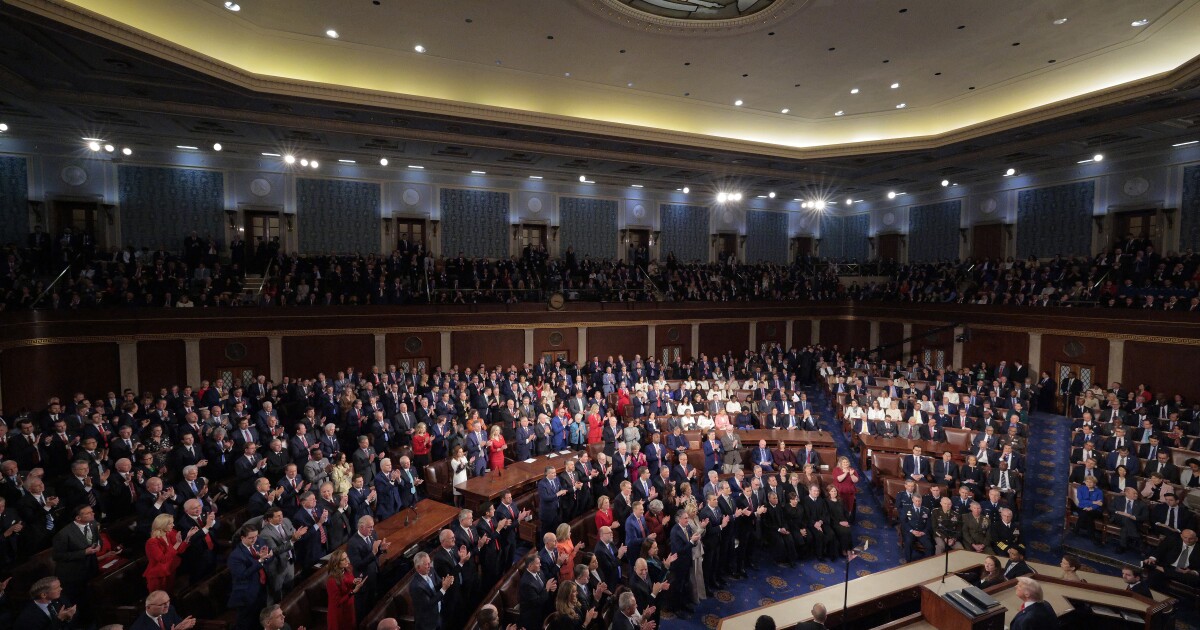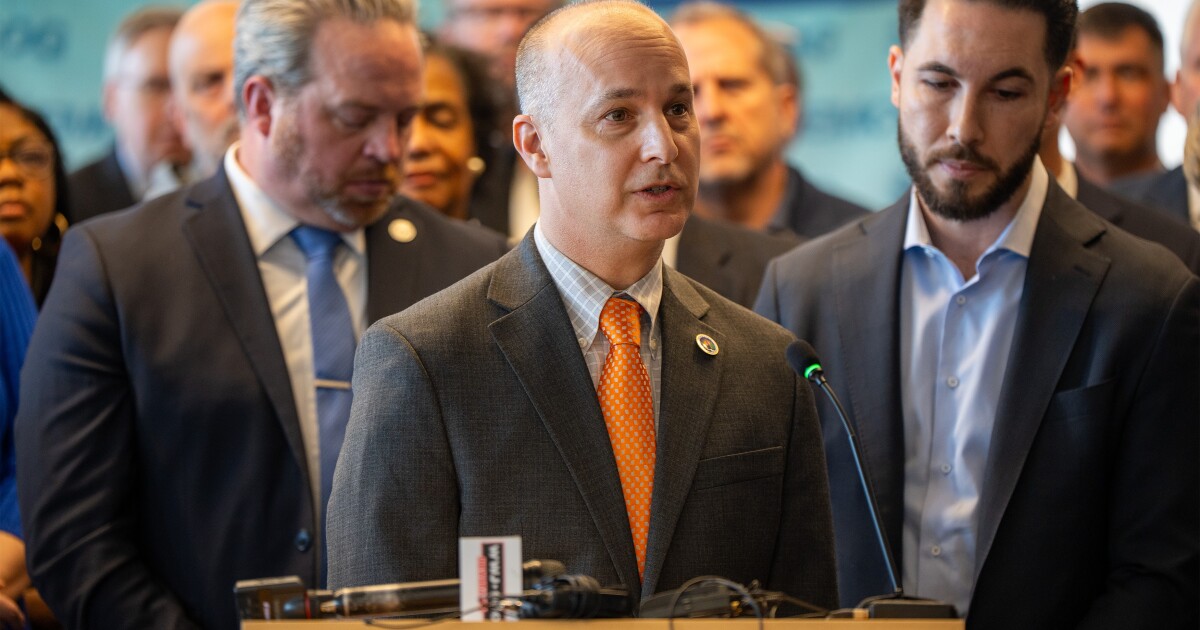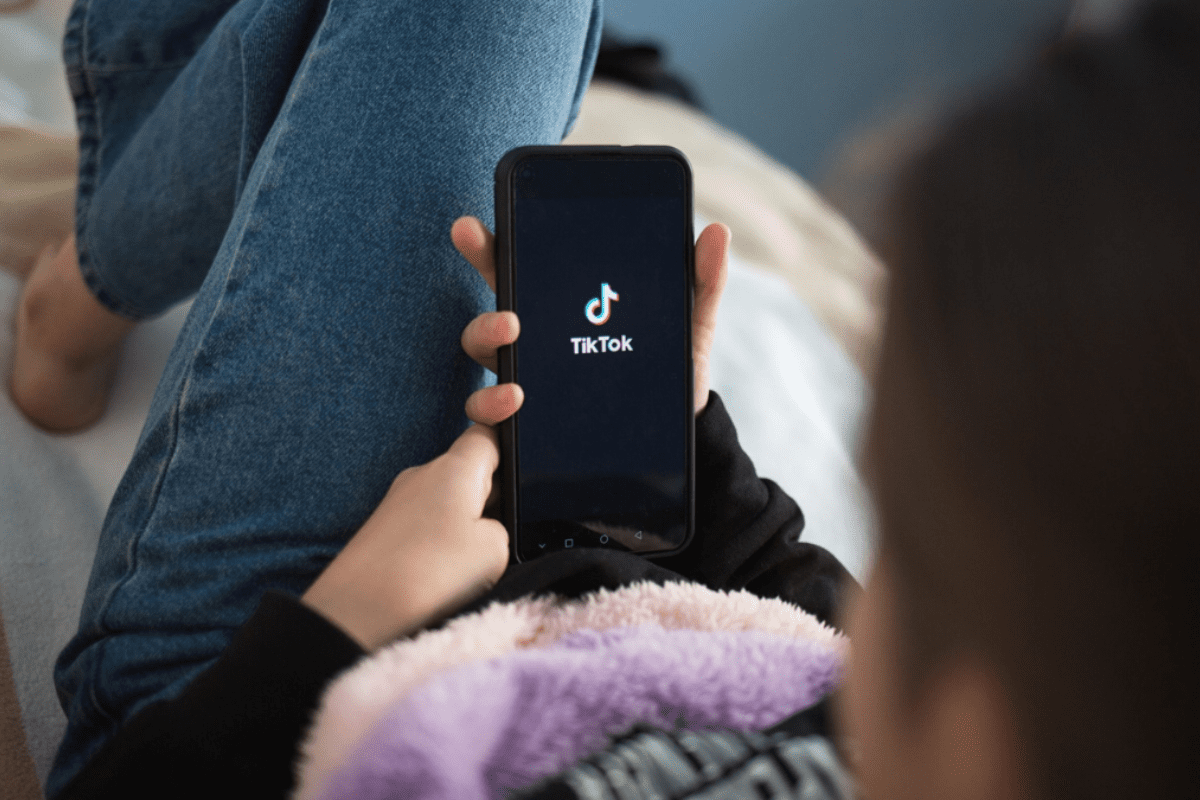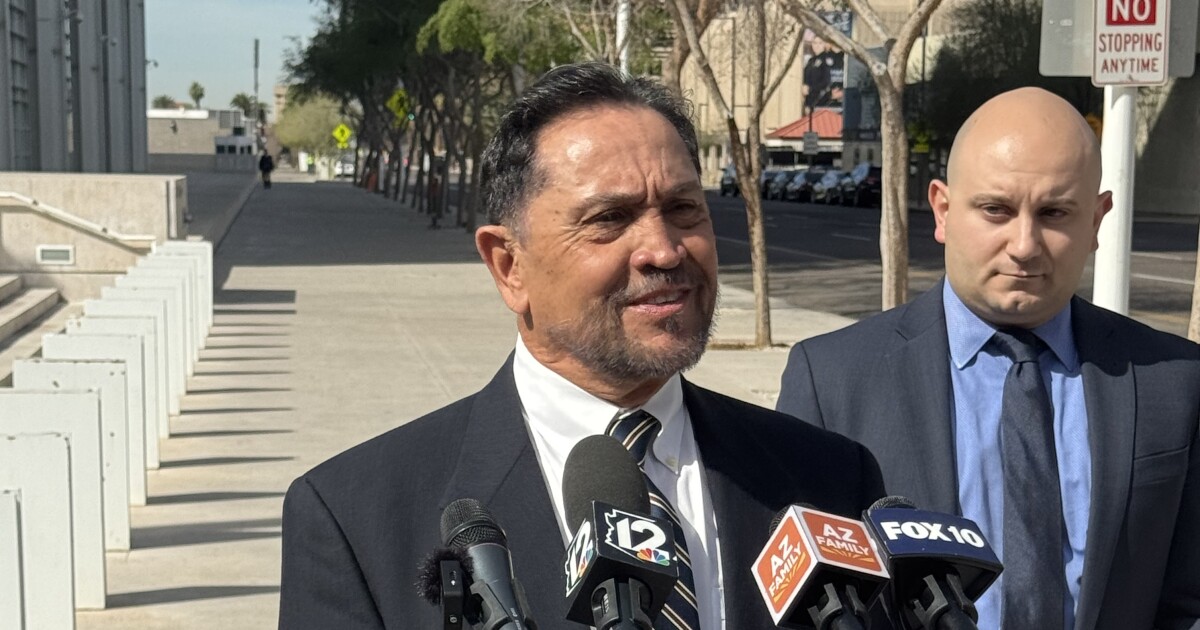This story was originally published by Bridge Michigan, a nonprofit and nonpartisan news organization. To get regular coverage from Bridge Michigan, sign up for a free Bridge Michigan
Michigan is set to implement new restrictions on Medicaid coverage for certain weight loss medications amid rising use and costs. A significant change in the state’s bipartisan budget will see GLP-1 receptor agonists, such as Wegovy, Saxenda, and Zepbound, covered exclusively for individuals classified as morbidly obese. This coverage will only be provided after other weight loss methods have proven insufficient to avoid more expensive bariatric surgery.
The state’s Medicaid program currently covers drugs like Ozempic, Rybelsus, Victoza, and Mounjaro for Type 2 diabetes, aligning with federal guidelines. An extension of coverage in 2022 allowed GLP-1s to be prescribed purely for obesity management. However, the new budget mandates the Michigan Department of Health and Human Services to impose stricter criteria for the prescription of GLP-1 medications solely for weight loss purposes, as confirmed by state health department spokesperson Lynn Sutfin.
“We are evaluating potential policy changes with the goal of implementing them effective Jan. 1, 2026. Medicaid beneficiaries who may be affected will receive advance notice before any changes take effect,” Sutfin stated in an email to Bridge Michigan.
The $81 billion state budget, which reduces the Michigan Department of Health and Human Services’ funding by 20%, includes a $240 million cut in pharmaceutical appropriations for GLP-1 drugs, according to the House Fiscal Agency.
Michigan was previously among only 16 states to offer Medicaid coverage for these weight-loss drugs.
Surging Demand for GLP-1s
GLP-1 usage has surged across the nation, with recent polling indicating that 1 in 8 adults have used these drugs for weight loss, diabetes treatment, or preventing cardiovascular events.
Dr. Mark Fendrick of the University of Michigan, an expert in GLP-1s, describes these medications as “remarkable.” He highlighted their potential benefits for those most affected by obesity-related conditions, noting that such individuals are often underserved in healthcare. “It’s this amazing clinical breakthrough, particularly for patient populations that I worry about, who are most impacted by obesity-related conditions like diabetes and obesity-related cancers and heart disease,” Fendrick told Bridge Michigan.
There was a notable increase in the number of Michigan Medicaid beneficiaries using GLP-1s, rising from 20,935 in the 2021 fiscal year to 90,324 in 2024. According to the state health department, approximately 60% of these claims were for diabetes treatment, while the rest addressed weight loss. It is estimated that 80% of Medicaid recipients using these drugs for weight loss also have other conditions that make them eligible for coverage.
“Medicaid coverage for beneficiaries with diabetes, cardiovascular disease, and sleep apnea will continue,” Sutfin assured.
Dr. Syed Ahsan from Henry Ford Health emphasized a cautious approach, citing that while GLP-1s are effective, “prevention is the best cure.” He advocates for lifestyle changes over medication when possible, stating, “We still don’t know the full effects of these medications.”
Financial Implications and Industry Reactions
In the 2024 fiscal year, Michigan Medicaid spent over $409 million on GLP-1 drugs, excluding discounts or rebates, which typically reduce pharmaceutical expenditures by 80%. Insurance industry representatives in Michigan support the newly imposed restrictions.
“The policy changes around the anti-obesity drug class for the Medicaid program, I think, will be positive policy changes, so that we can focus spending on anti-obesity on those that are likely to see the greatest improvement in health outcomes,” said Dominick Pallone, executive director of the Michigan Association of Health Plans.
Previously, some commercial insurers halted coverage for weight loss drugs altogether. For instance, Blue Cross Blue Shield of Michigan stopped covering Wegovy, Saxenda, and Zepound, while requiring prior authorization for these drugs for certain obese patients.
“From 2022 to 2023, the costs for GLP-1 drugs paid on behalf of our members grew by more than $350 million,” Blue Cross mentioned in a blog post. Nevertheless, Ozempic, Mounjaro, Rybelsus, and Victoza remain covered for Type 2 diabetes treatment.
Attention has also been drawn to the high costs of these drugs, with a month’s supply costing around $500 out-of-pocket. Former President Donald Trump recently commented that the price of Ozempic would be “much lower” due to ongoing pharmaceutical negotiations.
For Dr. Fendrick, the state’s upcoming policy seems to be a “cost containment” effort aimed at reducing financial outflow. However, he expressed concern over restricting access to what he views as valuable clinical interventions.
The DHHS has yet to conduct a formal public health or fiscal analysis specific to these GLP-1 limitations.
Bridge Michigan reporter Simon Schuster contributed to this report.
This article first appeared on Bridge Michigan and is republished here under a Creative Commons Attribution-NoDerivatives 4.0 International License.
—
Read More Michigan News









